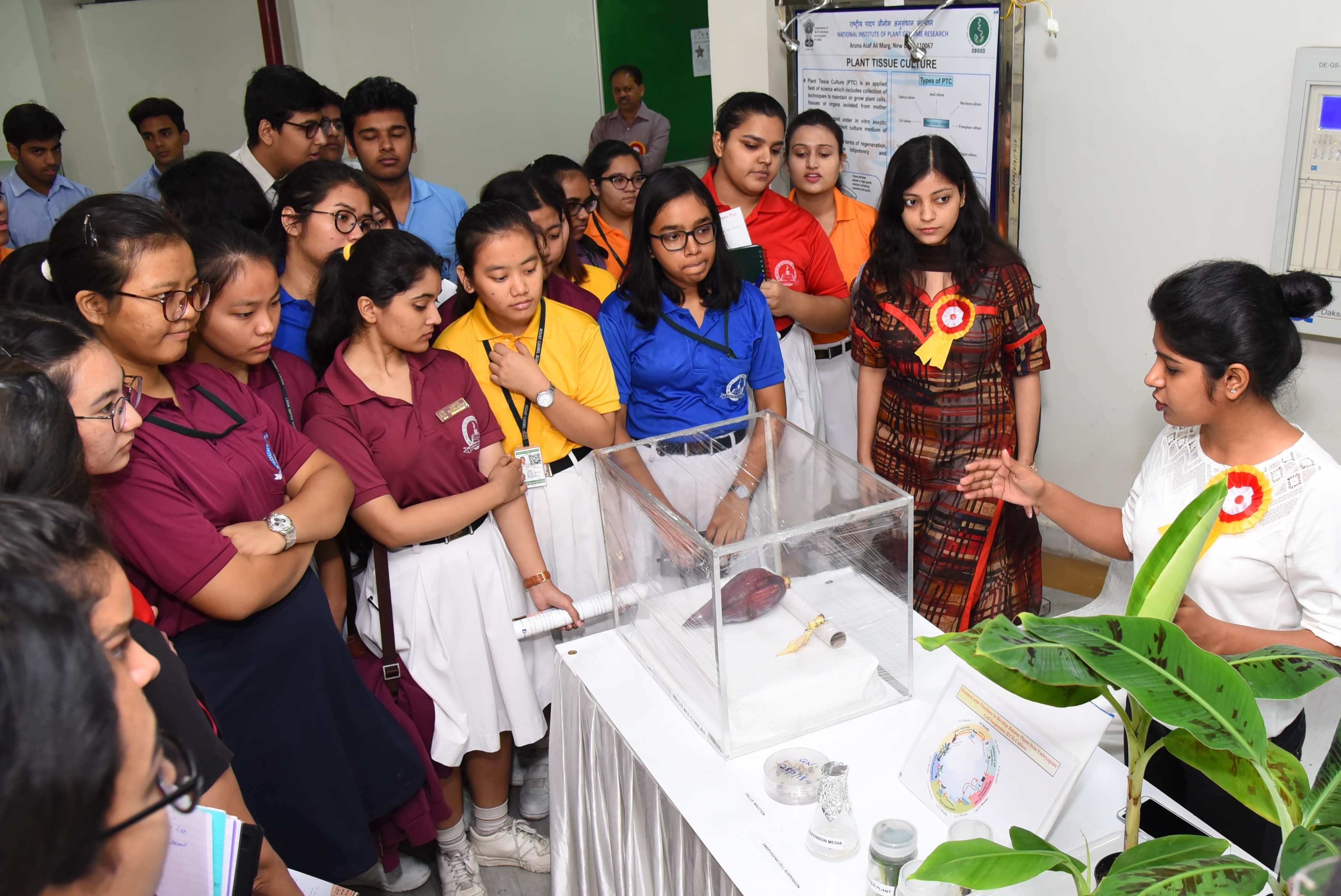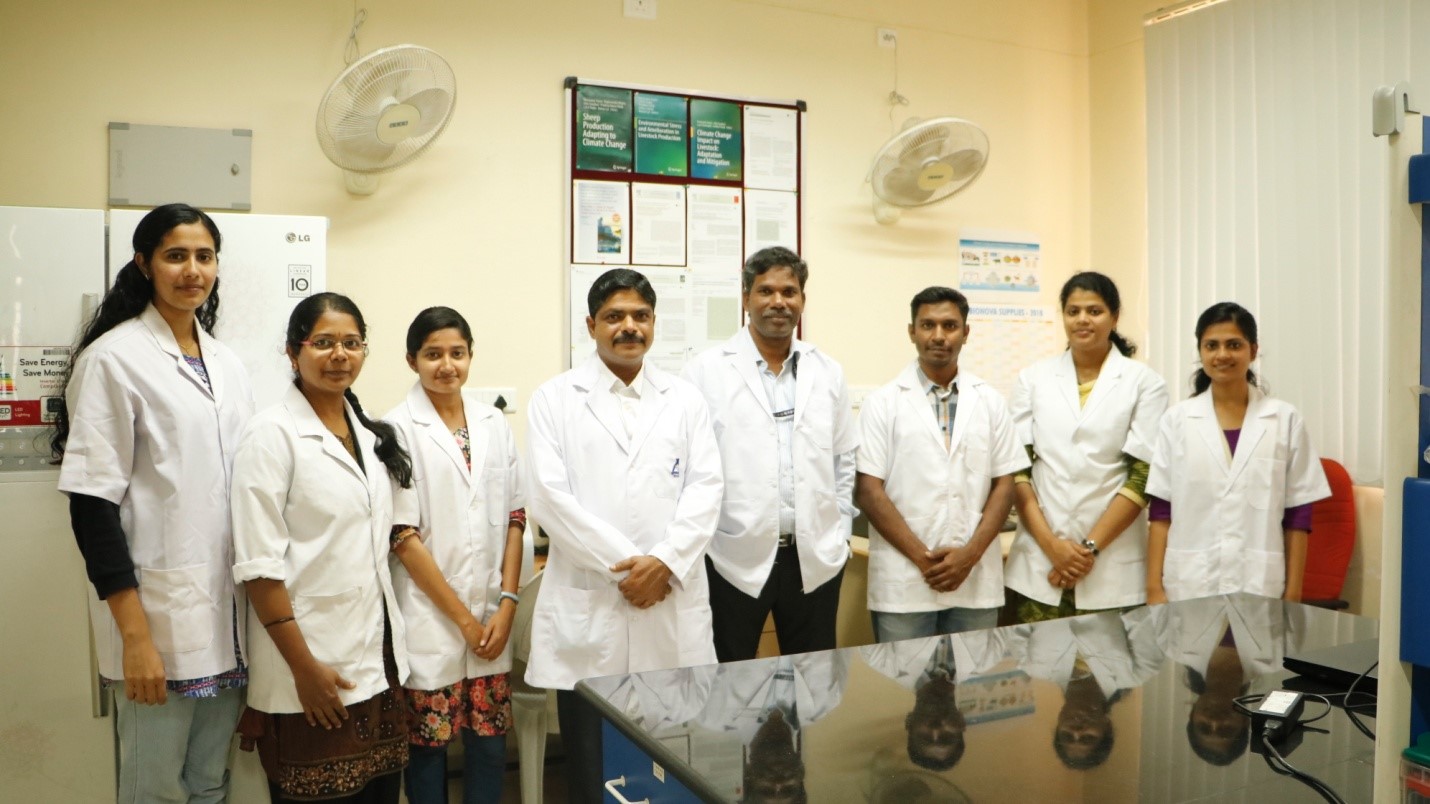
Agromet Advisories to Reach More Farmers from July
- News
- 1.4K
The Ministry of Earth Sciences (MoES) is all set to increase the number of farmers getting agro-meteorological advisory to 40 million from the current level of 24 million by next month.
Minister for earth sciences and science and technology Dr Harsh Vardhan announced this today at a press conference to mark the completion of four years of the NDA government.
The government, he said, is engaged in expansion and upgradation of weather services. The MoES has recently commissioned two very high-resolution weather prediction systems. The new systems have a resolution of 12 km grid scale, marking a big jump from the present level of 23 km, and are based on a 20-member ensemble system generates a range of forecasts using slightly varying initial conditions.
The Minister noted that the government had taken several steps to strengthen scientific and technological capabilities of the country. The investment in science and technology and related areas has gone up in the last four years. The Department of Science and Technology has witnessed an increase of 90 %, followed by Department of Biotechnology (65%), Council of Scientific and Industrial Research (43%) and MoES (26%).
In addition, a new synergy has been established between intra-ministry laboratories and inter-Ministry institutions. “Scientific laboratories have increasingly become problem resolution hubs for ministries of railways, heavy industry, urban development, defence, drinking water and sanitation, power, coal and new and renewable energy, petroleum and natural gas. The approach is to realign S&T to have a mix of fundamental science and applied science,” he said.
He mentioned how joint research by CSIR, DBT and ICAR has helped develop a blight resistance improved Samba Mahsuri rice which is now being cultivated in an area of 120,000 hectares across seven states. CSIR has also launched a project in mission mode for development of chemical intermediaries and active pharmaceutical ingredient, which would help significantly reduce India’s dependence on imports, especially from China.
In order to boost start-up ecosystem, the government has increased allocation for this activity by five folds in DST alone. The Ministry has supported more than 5,000 start-ups and 200 incubators. In addition, it has launched a programme called MANAK (Million Minds Augmenting National Aspiration and Knowledge) to trigger innovation among school children from sixth to 10th standard.
“S&T manpower is the foundation of R&D. During the last four years, we have enhanced capacity building of scientists, teachers, young researchers and attracting students to science streams. We have supported around 11 lakh students and researchers right from school level to post-doctoral research,” the minister said. (India Science Wire)
By Sunderarajan Padmanabhan
For the latest Science, Tech news and conversations, follow Research Stash on Twitter, Facebook, and subscribe to our YouTube channel


